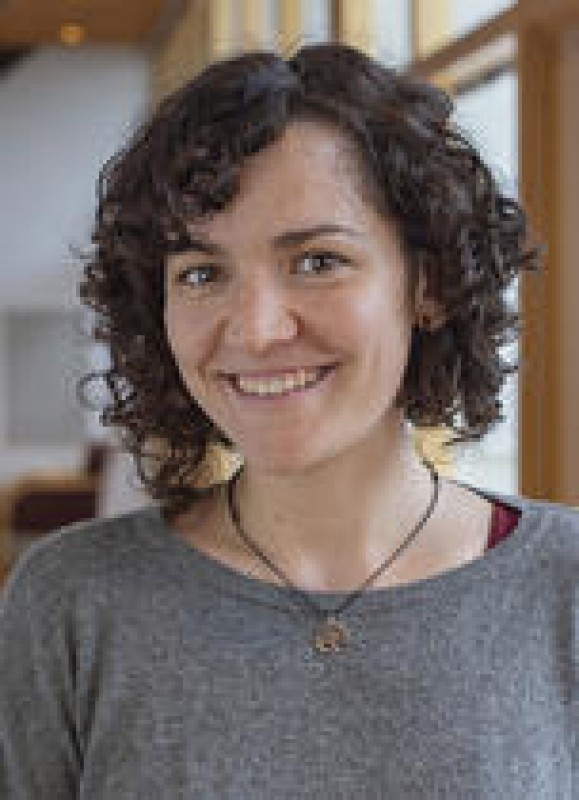The KLI supports international groups of scholars in the life and cognitive sciences working on interdisciplinary projects to conduct their groundbreaking research at the institute. KLI Focus Groups and Working Groups aim to develop ideas on a particular subject and generate suggestions for action. The participants have different scientific backgrounds and strive to develop specific, practical goals.
Event Details

Topic description / abstract:
Evolutionary biology is famously undergoing philosophical discussions over the alleged need to extend, or even reconsider, some of its theoretical bases. Within this debate, evo-devo has raised as one salient field from which the classical understanding of evolution can be challenged, its main contribution being that the developmental bases of phenotypes have a profound impact on the course of evolution that was overlooked in the classical framework. While the philosophy of evo-devo is a growing area, many of the conceptual challenges that this interdisciplinary field poses for evolutionary thinking remain understudied. In this talk, I address one significant aspect of evo-devo that has yet not been sufficiently considered in philosophical analyses: its potential integration in probabilistic models of evolution. In particular, by taking a propensity understanding of some developmentally-based variational tendencies (such as modularity or evolvability), I intend to build a bridge between the classical, probabilistic means of modeling evolutionary change, and the evo-devo view of seeing development as a cause of evolution. In doing so, I propose a way in which developmental propensities can be seen as ultimate causes in the sense introduced by Mayr.
Biographical note:


